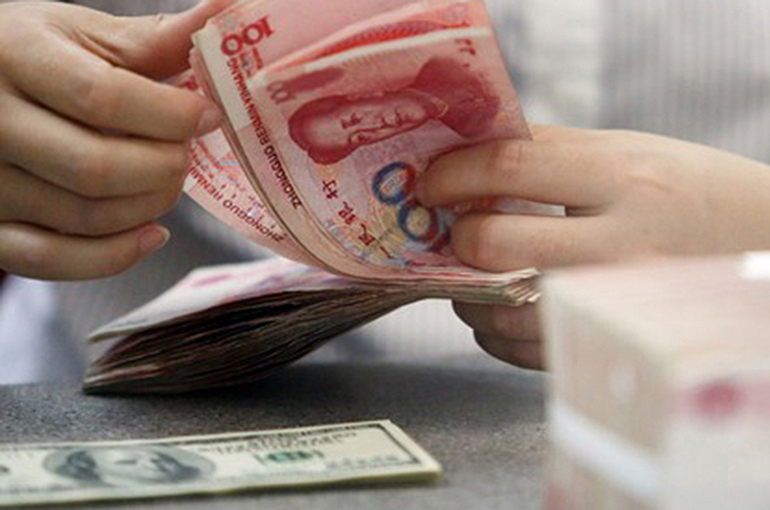 Chinese Yuan May Bounce Back If US Tariff Impact Is Less Than Expected, Expert Says
Chinese Yuan May Bounce Back If US Tariff Impact Is Less Than Expected, Expert Says(Yicai) Jan. 21 -- As markets have largely priced in potentially higher US tariffs under the new administration of President Donald Trump, the Chinese yuan may stabilize or even appreciate against the US dollar if the actual impact is weaker than expected, according to a market specialist.
The US Dollar Index, a measure of the greenback’s value relative to a basket of other currencies, has been strengthening since November due to Trump's threatened tariff hikes, reflecting the market’s preparation for such an eventuality, the expert told Yicai.
But the US government also needs to consider the effect of higher import levies on domestic inflation, so the scale and pace of any increases is highly uncertain, leaving room for the possibility that the impact may be milder than anticipated, the person added.
In addition, China’s latest economic data generally beat market expectations and the US Dollar Index has shown signs of losing upward momentum after reaching a short-term high of 110. These factors further support yuan stabilization, the expert added.
With Trump entering the White House yesterday, the foreign exchange market has shown signs of turning. The US Dollar Index dived below 108 late the same day, Beijing time, with an intraday drop of 1.3 percent, while the offshore yuan appreciated by nearly 600 basis points, with the exchange rate reaching around 7.28 from 7.34.
The market widely expects any new US tariffs to trigger a slide in the yuan, said Sun Lu, senior Asia macro strategist at Goldman Sachs. But if the initial tariff rate imposed on China is around a modest 10 percent level, China’s central bank may only make slight adjustments to the yuan’s central parity rate over the coming weeks or even one to two months, Sun added.
The central parity rate is set daily by the People’s Bank of China before the interbank foreign exchange market opens. It is calculated based on a weighted average of quotes from designated market makers. The redback is allowed to trade as much as 2 percent above or below this fix during trading. It was set at 7.1703 versus the dollar today, 183 bps stronger than yesterday.
The PBOC issued a record CNY60 billion (USD8.2 billion) of central bank bills in Hong Kong earlier this month to tighten offshore yuan liquidity and thereby steady the currency.
The bank also raised the macro-prudential adjustment parameter for cross-border financing, a multiplier that decides the upper limit of outstanding cross-border financing available to Chinese businesses and financial institutions, to 1.75 from 1.5
Editors: Dou Shicong, Martin Kadiev